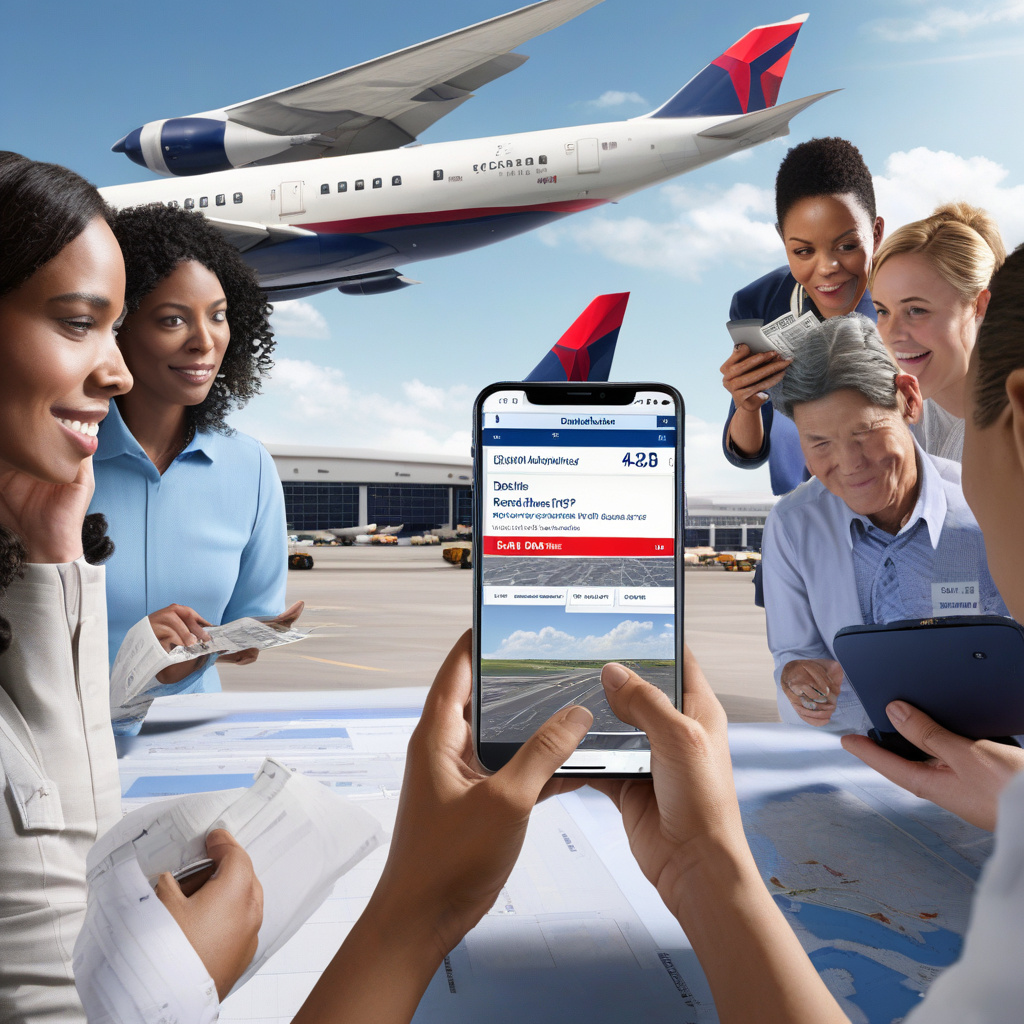The Impact of Personalized Flight Costs: American Airlines CEO Criticizes Delta’s AI Strategy
In the ever-competitive airline industry, companies are constantly seeking new ways to attract customers and increase their revenue. One strategy that has gained popularity in recent years is the use of artificial intelligence to personalize flight costs for individual customers. While this approach can be beneficial for both airlines and consumers, it has also raised concerns about transparency and fairness.
Delta Air Lines, one of the major players in the industry, has been at the forefront of this trend, using AI algorithms to adjust prices based on factors such as a customer’s browsing history, location, and purchase behavior. While this can result in more targeted offers and potentially lower prices for some travelers, it has also led to accusations of price discrimination and lack of transparency.
Recently, American Airlines’ CEO has publicly criticized Delta’s AI strategy, stating that “consumers need to trust American.” This comment reflects a growing sentiment among industry leaders that personalized pricing strategies could erode consumer trust and ultimately harm the industry as a whole.
One of the main concerns surrounding personalized flight costs is the lack of transparency in how prices are determined. Customers may feel uneasy knowing that the price they are quoted could be significantly higher or lower than what someone else is paying for the same flight. This lack of transparency could lead to a perception of unfairness and discrimination, causing customers to lose trust in the airline and the industry as a whole.
Moreover, personalized pricing strategies could also have unintended consequences for consumers. For example, if airlines use AI to identify customers who are willing to pay more for a flight, they may end up charging higher prices to those individuals, effectively pricing out budget-conscious travelers. This could result in a two-tier pricing system where only those who can afford to pay a premium are able to access the best deals.
Despite these concerns, personalized pricing is likely to remain a key strategy for airlines looking to maximize their revenue and compete more effectively in the market. As technology continues to advance, airlines will have access to more data and more sophisticated algorithms, allowing them to create increasingly personalized offers for their customers.
However, it will be crucial for airlines to find the right balance between personalization and transparency to ensure that customers feel valued and respected. By being upfront about how prices are determined and offering clear explanations for any discrepancies, airlines can help build trust with their customers and mitigate any potential backlash.
In conclusion, while personalized flight costs have the potential to benefit both airlines and consumers, they also raise important questions about transparency, fairness, and trust. As the industry continues to evolve, it will be essential for airlines to address these concerns and find ways to leverage AI in a way that benefits everyone involved.
#AirlineIndustry, #PersonalizedPricing, #AIinAviation, #ConsumerTrust, #FlightCosts
